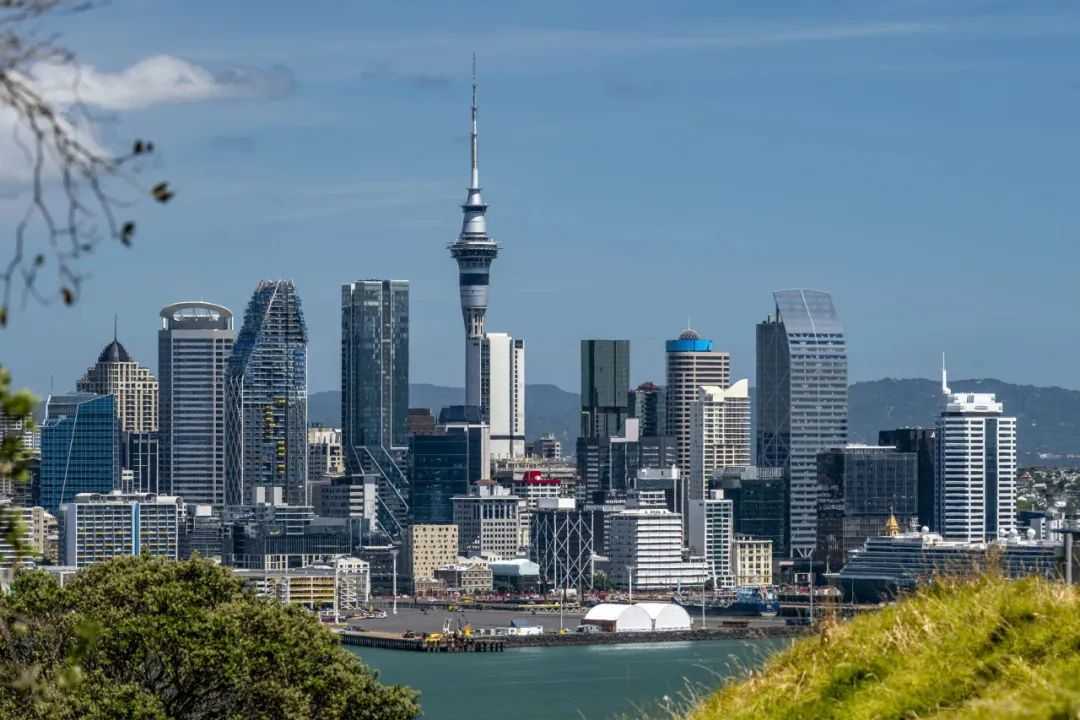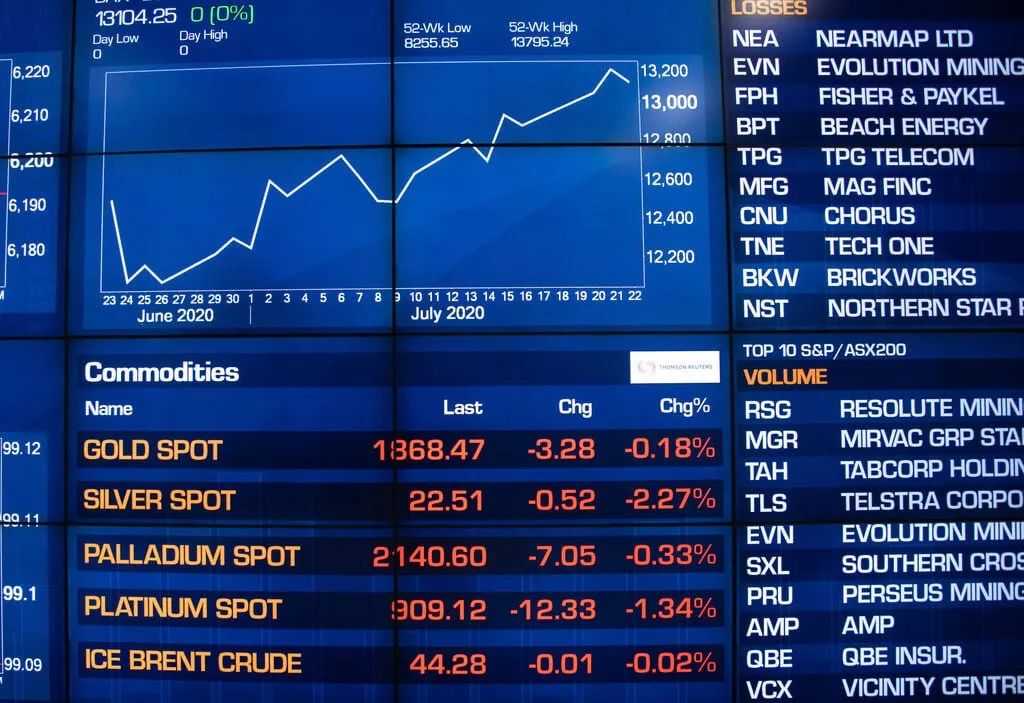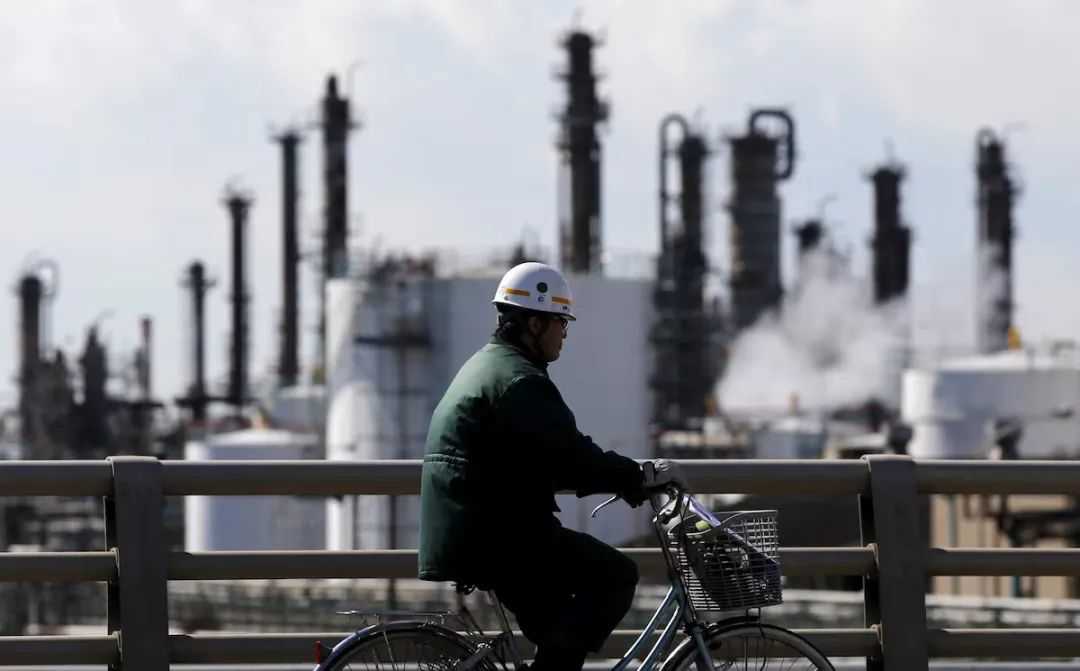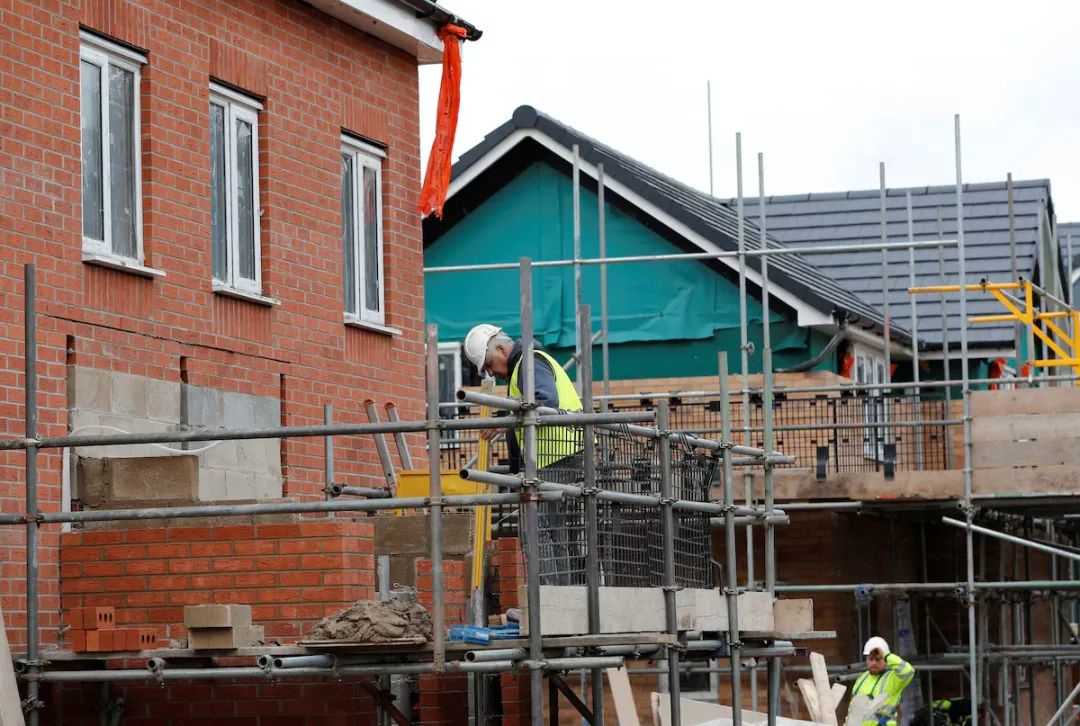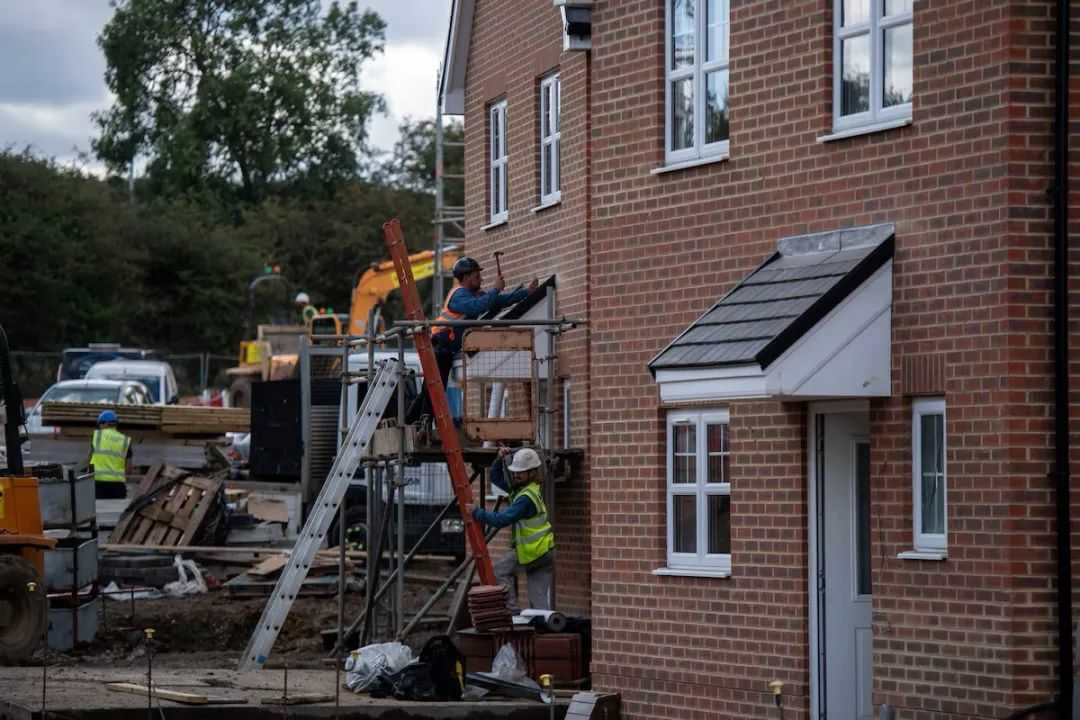Economic News
UK Retailers in Cost Quagmire as Inflation Worsens and Statistical Reform Looms
The UK retail industry is facing a tough situation as inflationary pressures intensify and statistical reforms are on the horizon. On April 29th, data showed that the inflation rate of grocery prices in the UK climbed to 3.8% (Kantar data), and the food inflation rate reached 2.6% (BRC data), hitting a one - year high. The retail sector is burdened by three major pressures. Firstly, the packaging tax that comes into effect in October will increase the costs of enterprises. Secondly, the Employment Rights Act may lead to more than half of the enterprises scaling back their recruitment.
Japan's Real Wages See Steepest Drop in 20 Months, Straining Consumption Recovery
A core contradiction has emerged in Japan’s economy: inflation-adjusted real wages plummeted 2.9% year-on-year in May (following a -2.0% decline in April), marking the sharpest drop in 20 months and extending a five-month streak of contraction. This was driven by persistent inflation—running at 4% when excluding fresh food but including rent costs—outpacing nominal wage growth, which slowed drastically to 1.0% (to ¥300,000) from 2.0% in April, hitting a 14-month low.
Canadian Manufacturing in Gloom as Trade War Fuels Recession Fears
Canada's manufacturing sector is mired in a deep slump, with the April Manufacturing PMI dropping to 45.3, a new low since May 2020, shrinking for 11 consecutive months. The output index plunged to 42.7 and the new orders index to 41.2, hitting capital goods producers particularly hard. Uncertainties in US tariff policies have led companies to postpone decisions, and 75% of Canadian exports to the US (steel, aluminum, autos) are facing a 25% tariff shock. Retaliatory measures have exacerbated supply - chain disruptions.
UK Secures £7.5bn Green Energy Investment, Eases Mortgage Rules to Boost Housing Market
Britain announced a £7.5 billion ($10 billion) clean energy investment deal with Japan’s Sumitomo Group on July 9, focusing on offshore wind and hydrogen infrastructure. Investment Minister Poppy Gustafsson said it would "break grid bottlenecks." Sumitomo, a long-term energy investor, has injected over £20 billion in the UK in a decade, marking a key step in the Labour government’s push for private capital in net-zero transitions.
UK House Prices Stabilize; Corporate Investment Shifts Toward Britain
UK house prices showed signs of stabilization in June, with Halifax data recording zero month-on-month growth (previous figure revised up to -0.3%) and annual gains edging down to 2.5%. While April’s stamp duty hike dampened activity—prices are slightly lower than late 2023—mortgage rates have fallen to their lowest since 2023. Halifax Mortgages Director Amanda Bladen noted wage growth is supporting market resilience, with two rate cuts expected this year likely to drive modest price recoveries in H2.
S&P/ASX 200 Index Rises on Trade Talks Hope
The S&P/ASX 200 index closed 92.4 points higher, or 1.13%, on Friday. Expectations of a possible easing of the China - US trade impasse drove the index to its best weekly performance in nearly two years and to a two - month high. The statement by the Ministry of Commerce that it is "evaluating" the request from US trade officials to launch trade negotiations further boosted investor confidence.
New Zealand: Housing Market Shifts to Buyer's Favor, Unemployment Rate May Reach Eight - year High
As winter approaches, New Zealand's real estate market is tilting further towards buyers. In April, the national average asking price for residential properties dropped for the second consecutive month to NZ$851,746, a 3.8% decrease from the peak in February. Major cities like Auckland and Wellington have seen significant declines. The surge in housing supply is the main pressure point, with the number of houses for sale doubling to 35,924 in four years. Although inventory has decreased slightly recently, sales activity has not picked up correspondingly.
Electricity costs reduced by 25% as Thailand works to boost data center industry
Electricity costs reduced by 25% as Thailand works to boost data center industry
